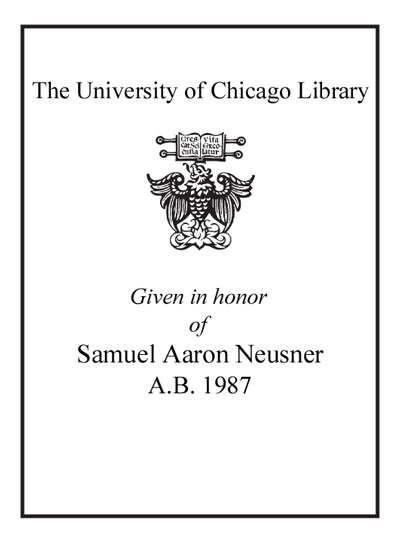Review by Choice Review
Coker (London School of Economics and Political Science) takes his title from Rousseau's complaint about philosophic treatments of just war. ("Barbarous philosopher! Come and read us your book on the field of battle.". His self-described "big claim" is that, far from being barbarians, philosophers "invented" war--that is, they "discovered and clarified" its "nature," distinguishing limited, rule-governed, purposeful conflict from "warfare" or the unlimited conflict of all against all, driven by passions. "A product of reason," war aims at security, liberty, and justice. Coker organizes his book into 19 chapters, most discussing the principal philosophic accounts of war. As he observes, his sweeping and often paradoxical formulations--at times it's rather as if the brightest English schoolboy in his form has been nipping at the bottle of Nietzsche his elders hid in the cupboard--will worry or annoy scholars who prefer more careful textual analyses. Much better to read this book exactly as the subtitle suggests: as a series of reflections or meditations on themes found in texts from Heraclitus to Heisenberg. Accordingly, the book will reward experienced readers. Undergraduates will need to do a lot more homework with the primary sources before they will profit from reading Coker. Summing Up: Recommended. Graduate, research, and professional collections. W. Morrisey Hillsdale College
Copyright American Library Association, used with permission.
Review by Choice Review

